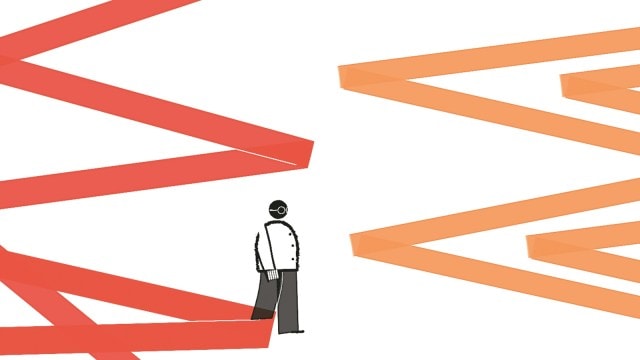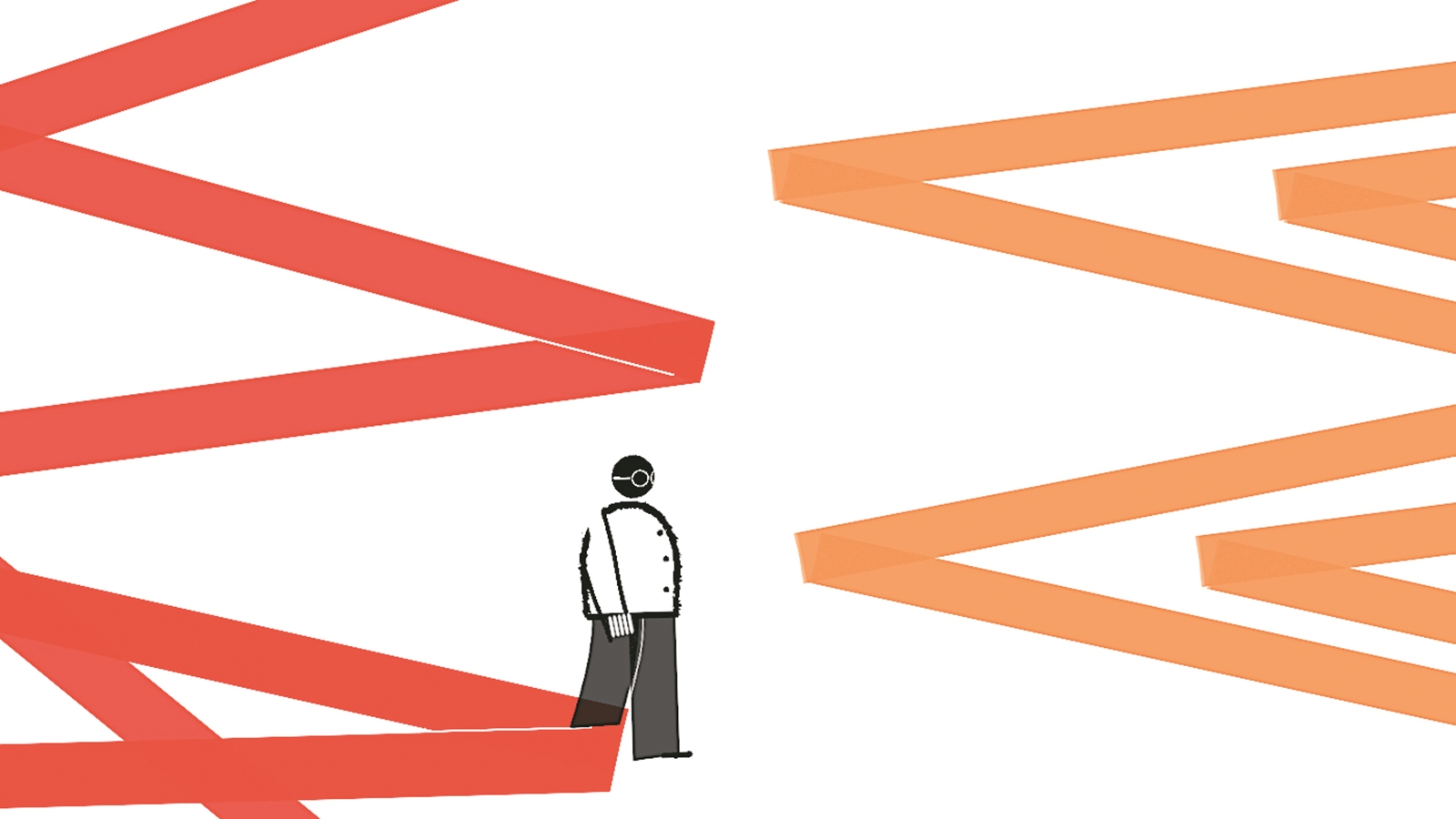
The Centre’s circular lifting the ban on government employees from participating in RSS activities has revived the controversy over whether the latter is a political or cultural organisation. This is not the first time the issue is being discussed. What is lacking is intellectual honesty in understanding the problem. The RSS’s reach is visible: More than three dozen affiliates work on almost every aspect of life, including programmes for tribals, Dalits and marginalised sections. However, the RSS is not an NGO. Its actions are more than philanthropic and not confined to social and economic empowerment. The ideology of Hindutva is behind all its actions. The RSS believes that India’s civilisational deficit cannot be resolved by a compartmental approach to definitions of secularism, liberalism, nationalism, multiculturalism and Hindu civilisation. It does not avoid economic or political questions. Therefore, its definition of culture encompasses issues affecting national life.
In the past, the ban has been discussed in Parliament, going back to the colonial era. The debate begins, and is deliberately abandoned. The Indian intelligentsia’s selective use of facts blinkers our vision.
The vexed question cannot be addressed polemically. This is obvious from the Rajya Sabha debate on the nature of the RSS on July 3, 1968. More than half a dozen members, including the then Home Minister Y B Chavan, minister of state Vidya Charan Shukla, Communist leader Bhupesh Gupta and RSS thinker Dattopant Thengadi spoke on the issue. The immediate reason was the resolution at the RSS’s annual general body meeting in March 1968 against the Kutch Award (mediation by the British government through a Tribunal on the rights of India and Pakistan over Kutch in Gujarat). S K Vaishampayan blamed the Sangh for violating its commitment to the government in 1949 to not meddle in politics. When Chavan asked Thengadi whether the said resolution “does really come under ‘culture’”, Thengadi replied with a question that remains unanswered: “Is it the contention of the hon’ble Home Minister that the problems of national security and national integrity are mere political problems and not problems of national importance which should be taken cognisance of by nationalist organisations, and if the RSS has taken cognisance of national security and national integrity, merely on that ground, can it be dubbed as a political organisation?” The home minister said it was a philosophical question, which he would discuss later. During the colonial era, when the British government prohibited government employees from participating in RSS activities, the issue was discussed on two days (March 7 and 8, 1934 ) in the Legislative Council of Central Provinces. All 14 members who participated in the debate opposed the government which was compelled to withdraw the order.
In our democracy, ignorance is often celebrated. Political actors interpret ideologies lazily and the intellectual class is divided in a caste system of its own: Ideological prejudices transferred from one generation to another. The RSS has been used as a convenient tool by pseudo-seculars to hide their political faults and opportunism. They have blamed the RSS for criminal acts, in defiance of facts. One of them is the assassination of M K Gandhi. Nathuram Godse, in his letter to V D Savarkar, shows his highest contempt for the RSS. He wrote that it was wasting the energy of Hindu youths. He echoed Savarkar who once said, “the epitaph of a RSS volunteer is [that] he is born, lives as and dies as a Swayamsevak without accomplishing anything.” Godse argued that the RSS’s social philosophy replicated socialism.
Hindu Mahasabha leaders, including Savarkar, were angry at the RSS because it refused to be a part of their political ambitions. There are fundamental differences between the two organisations on both ideology and strategy. Since its inception, the RSS has rejected majoritarianism and taken the social-cultural path to create nationalist consciousness among Hindus. Most non-RSS votaries of Hindutva cannot comprehend K B Hedgewar’s dictum of “organisation for the organisation”. In the Sangh worldview, conservatism and communalism are deeply rooted in Indian society. Tackling them requires consistent and committed cultural actions. The RSS believes cultural consciousness can have a moral influence on politics.
Nevertheless, it is not absurd to question the RSS’s political role. Its opponents must engage in debate — which the Sangh welcomes — instead of merely repeating old allegations.
The RSS has a historical relationship with the BJP, and earlier, the Bharatiya Jana Sangh (BJS). It helped in the formation of both parties. The RSS was besieged after Gandhi’s assassination and its isolation led it to use its organisational strength to form the BJS. It is true that RSS-trained cadres dominated both the BJS and the BJP — but the RSS itself remains at a distance. Its views on secularism, nationalism and culture remain under attack. The BJP represents its ideology in politics. In the last seven decades of parliamentary democracy, parties of various shades have joined hands with the BJP and shared platforms with the RSS. While many were honest in raising their views, others were opportunists. In 1967 and 1977, socialists and communists worked in close proximity with it. When the ban on government employees joining the RSS was removed in 1977, most of Congress’s current allies, then part of the Janata Party, did not oppose it.
Government employees participating in RSS activities will understand socio-cultural realities better, helping them undo the elitism they carry as a colonial badge. It would also transform them from passive to passionate officers. Non-BJP parties’ grassroots workers differ from the leadership’s narrative on RSS. Being prisoners of vote-bank politics, they however, remain unresponsive to the Sangh’s desire for dialogue. This is nothing but democratic deficit.
The writer is a former Rajya Sabha MP



